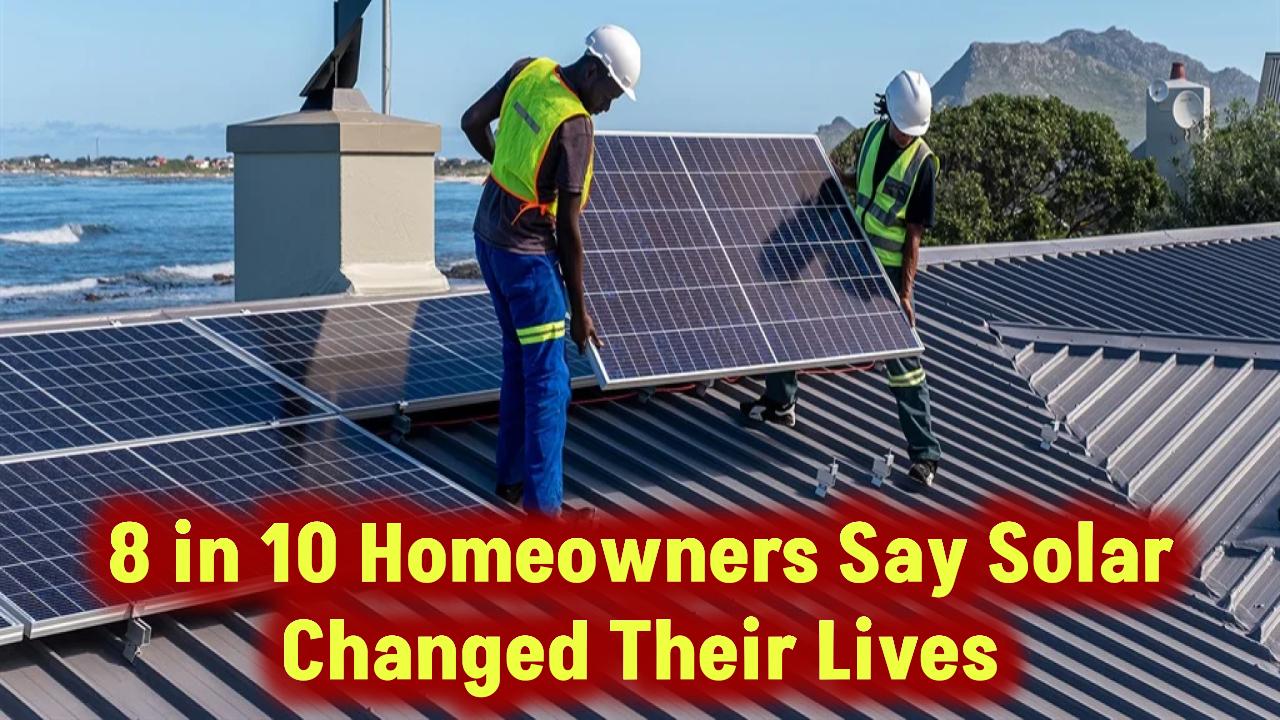
Canadian Solar Inc. (NASDAQ: CSIQ) has taken a sharp turn downward, with its stock falling approximately 14% in just one week and continuing a 3-year trend of declining earnings and investor returns. Once a promising green energy stalwart, the company now faces headwinds from regulatory pressures, weak earnings, and reduced investor confidence. But is this a dip worth watching—or a sign of deeper structural issues?
In this article, we’ll walk through exactly what’s going on, who it affects, and what both beginner and professional investors should consider before taking action.
Also Check: How much does a Tesla solar panel cost? Is It Really Worth the Hype?
A Look at Canadian Solar’s Business
Founded in 2001, Canadian Solar is one of the largest global solar technology and renewable energy companies. The business has two main segments:
- CSI Solar: Focuses on manufacturing solar modules and system solutions.
- Global Energy: Develops, owns, and operates solar power and battery storage projects.
Operating in over 160 countries, the company has delivered over 100 GW of solar modules and owns a robust project pipeline.
Despite this strong footprint, rising production costs, currency fluctuations, and shifting geopolitical policies have pressured profitability.
What’s Driving the Stock Drop?
1. Disappointing Q4 2024 Results
Canadian Solar posted an EPS loss of $1.47, sharply missing the consensus estimate of $0.03. Though revenue beat expectations at $1.67 billion, the company recorded inventory write-downs, project impairments, and tighter margins.
This marks the third consecutive year where Canadian Solar’s earnings have underperformed analyst expectations.
2. Tariffs and Trade Policy Risks
The U.S. Department of Commerce finalized antidumping and countervailing duties of up to 145% on solar imports from Southeast Asia. This is particularly damaging for Canadian Solar, which relies heavily on manufacturing in countries like Thailand, Malaysia, and Vietnam.
3. Analyst Downgrades
Roth Capital downgraded CSIQ from “Buy” to “Neutral”, slashing the price target from $15 to $9. The downgrade cited:
- Oversupply of panels
- Margin compression
- Lingering regulatory uncertainty
How Does CSIQ Compare to Peers?
| Company | Stock YTD (%) | 2024 EPS Est. | Valuation (P/E) | Tariff Impact |
|---|---|---|---|---|
| Canadian Solar | -35% | -$1.50 | N/A (loss-making) | High |
| First Solar (FSLR) | +12% | $7.20 | ~16x | Low (U.S. based) |
| Enphase (ENPH) | -25% | $3.90 | ~18x | Medium |
While Canadian Solar’s valuation is appealing at face value, its earnings volatility and exposure to tariffs put it at a disadvantage compared to U.S.-based competitors like First Solar.
Also Check: Energy Firm Launches Ambitious Share Offer to Raise £350,000 – Investment Opportunity Ahead?
Future Growth Strategies
Canadian Solar aims to stabilize and grow through:
- Battery Storage Expansion: Aiming to deliver 10 GWh of storage by 2026.
- Global Project Pipeline: Over 26 GW of late-stage solar and storage projects.
- Vertical Integration: Expanding ingot-to-module capabilities to lower dependency on external suppliers.
ESG Commitment and Sustainability Goals
Canadian Solar emphasizes its Environmental, Social, and Governance (ESG) strategy:
- 25% reduction in Scope 1 and 2 carbon emissions by 2027
- All modules to be recyclable by 2030
- Zero-waste certification at three plants
Investors focused on impact investing may see long-term value in these initiatives, though short-term profitability is uncertain.
Key Risks to Watch
- Regulatory Shifts – Tariff hikes, especially from the U.S. and EU.
- Currency Fluctuations – Revenue earned globally, but costs often in USD.
- Raw Material Prices – Prices of polysilicon and lithium remain volatile.
- Competition – Aggressive pricing from Chinese manufacturers like JinkoSolar.
Practical Advice for Investors
Do:
- Follow earnings reports and analyst revisions closely.
- Watch macro trends, including tariffs and global energy policies.
- Diversify with solar ETFs or mixed energy portfolios if unsure.
Avoid:
- Reacting emotionally to weekly price changes.
- Overexposure to one clean tech stock.
- Ignoring fundamentals in favor of hype.
(FAQs)
Q: Why is Canadian Solar stock dropping so much?
A: Mostly due to poor Q4 results, heavy tariffs on imported solar products, and a bleak short-term outlook from analysts.
Q: Is CSIQ a good long-term investment?
A: The company has potential due to its global footprint and renewable energy trends, but short-term risks remain high.
Q: What’s the forecast for solar energy stocks?
A: Long-term outlook is bullish due to decarbonization goals, but the industry faces near-term cost pressures and trade barriers.
Also Check: The Real Solar Power of the USA: You Won’t Believe How Much Energy We Generate!








